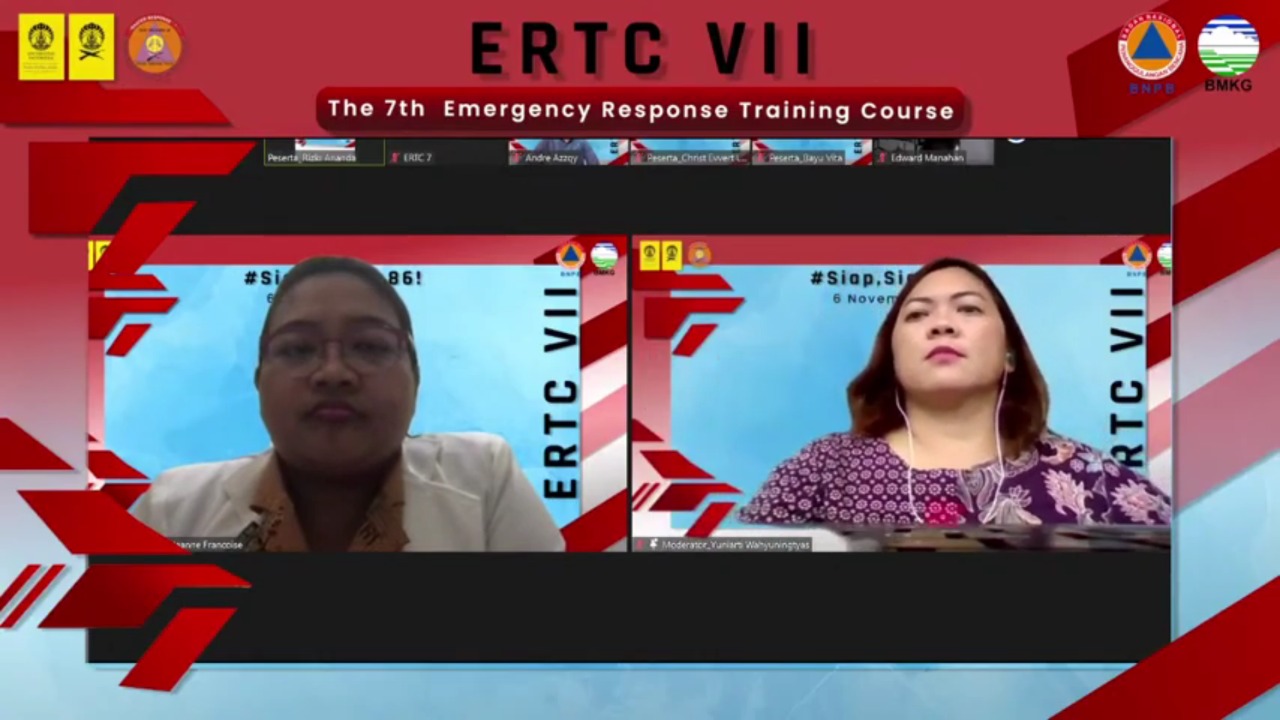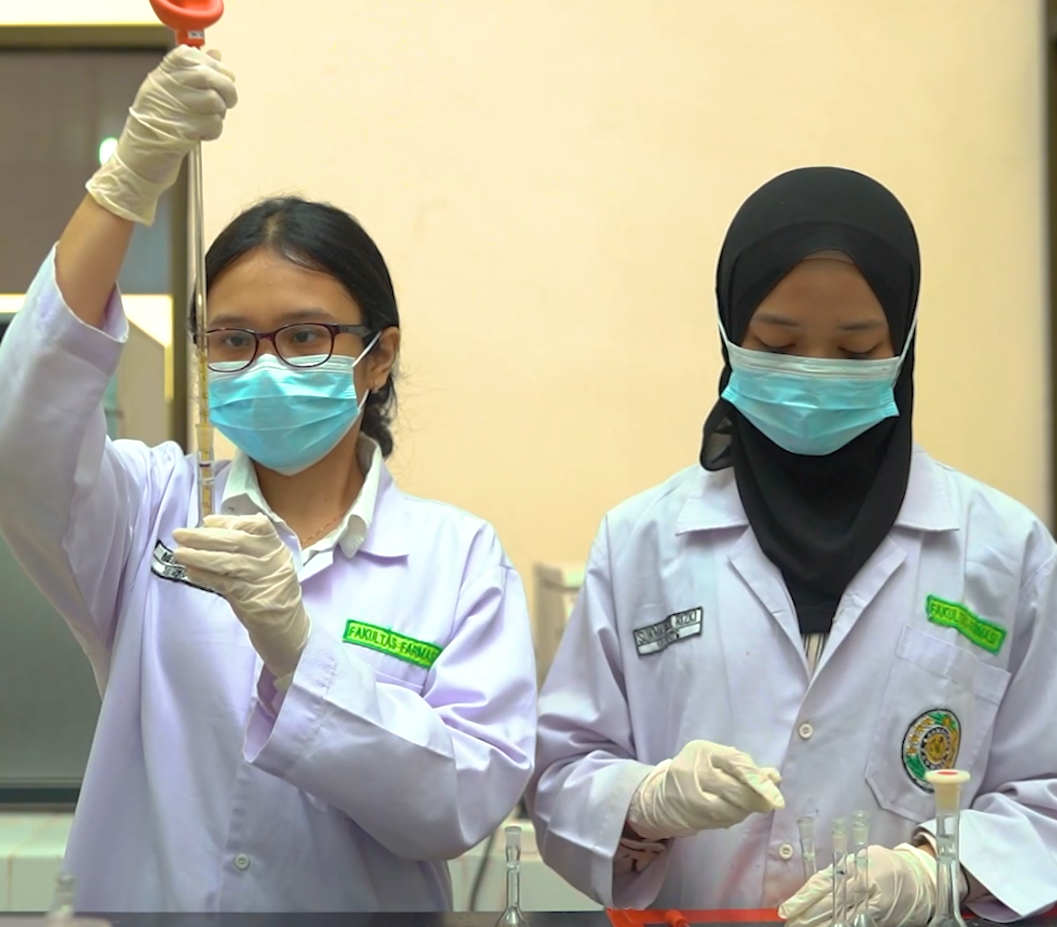Chulalongkorn School of Integrated Innovation (ScII) has signed two partnerships with the School of Interdisciplinary Science and Innovation (ISI), Kyushu University. The two agreements were inked on December 14, 2021 by Professor Masahiko Kaburagi, Dean, ISI, and Professor Worsak Kanok-Nukulchai, Executive Director, ScII. Associate Professor. Dr. Natcha Thawesaengskulthai, Vice President for Strategic Planning, Innovation, and Global Engagement, and Dr. Kang IkJoon, Associate Professor, ISI, attended as witnesses at the signing event.
These partnership agreements aim to promote short-term exchanges of undergraduate students, promote collaborations between faculty, staff, and students, and initiate joint research programs. Under a second agreement, up to five students will be able to enroll each year as non-degree students at the partner university for a maximum of one academic year.
“Today marks a crucial step in the cooperation fostered by Kyushu University and Chulalongkorn University and our recently established School of Integrated Innovation,” Assoc Prof Dr. Natcha remarked, adding that the agreement places a strong emphasis on global innovations and scaling-up technology entrepreneurship between Japan and Thailand.
Professor Worsak highlighted the achievements of ScII, stating that the School has already received ISO 56002:2019 certification, which ensures continuous improvement of innovation management. “ScII has deployed numerous strategies to achieve its innovation management system: creating market-ready innovations, focusing on digital technology and entrepreneurship as the core areas of its curriculum, equipping students with 21st-century and global-citizenry skills, and creating an open-innovation platform ecosystem for academic and industry collaborations,” Professor Worsak added.
Professor Masahiko Kaburagi stated that Chulalongkorn University and Kyushu University have been partners since 1994, and share similar goals and concepts. He expressed his happiness at the partnership between the two schools and expressed his wish for a long-lasting success.
Professor Johan Lauwereyns of ISI said that both schools might consider offering joint courses to their students.
The School of Interdisciplinary Science and Innovation (ISI) was established by Kyushu University in April 2018. By fostering collaboration among individuals from a broad range of backgrounds, ISI seeks to nurture talented individuals adept at creating innovative solutions. By blending diverse perspectives and academic knowledge, the School takes a non-silo approach to generating new ideas.
Professor Worsak also discussed the possibility of ScII and ISI working together as sister programs. Speaking about the League of Global Entrepreneurship programs of which ScII is a founding institution, Professor Worsak proposed that ISI might consider joining the network. ScII students who are interested in applying for an exchange program at ISI spoke on the occasion, expressing their excitement at the opportunity. ScII’s Deputy Executive Director for Industrial and Global Alliance, Dr. Pietro Borsano, moderated the event.



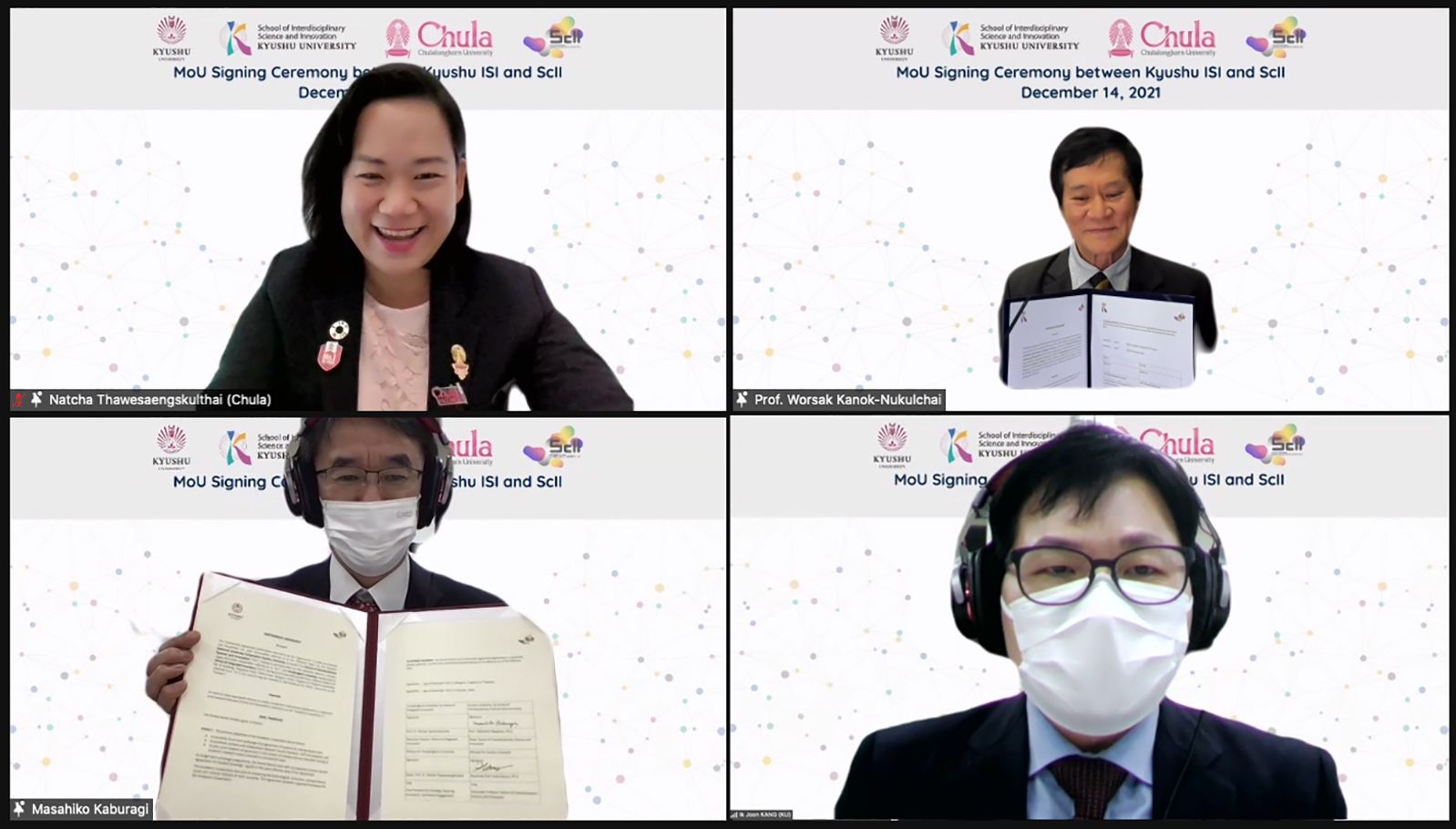
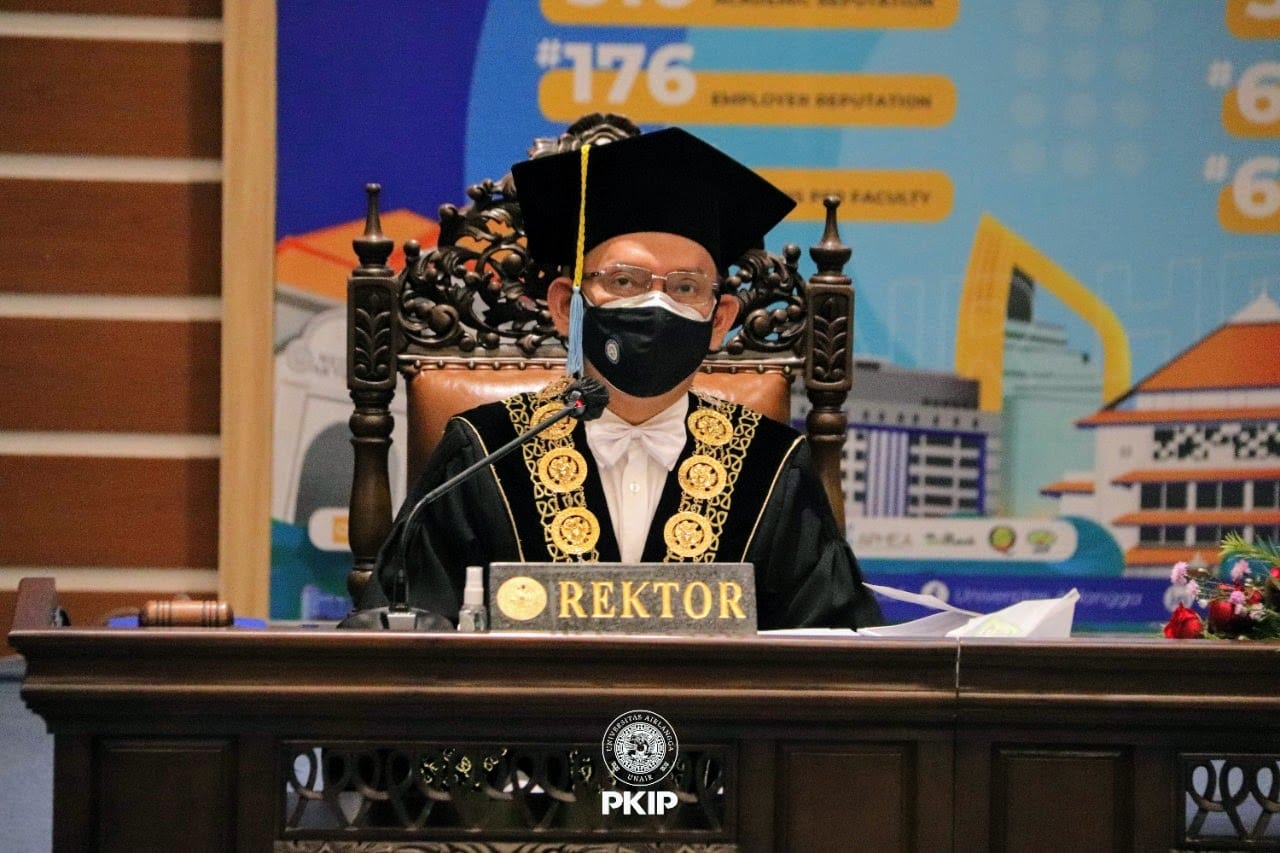
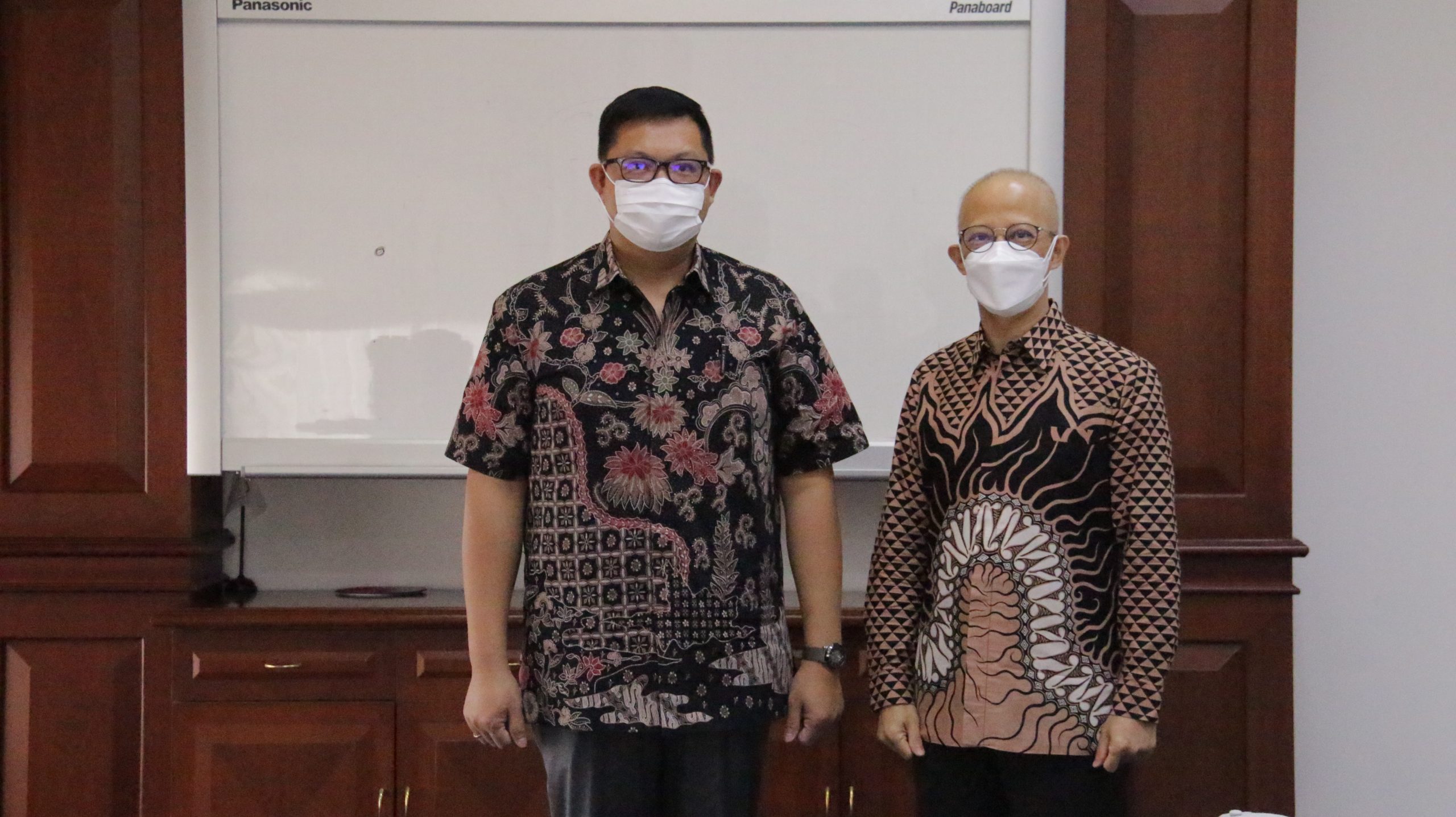
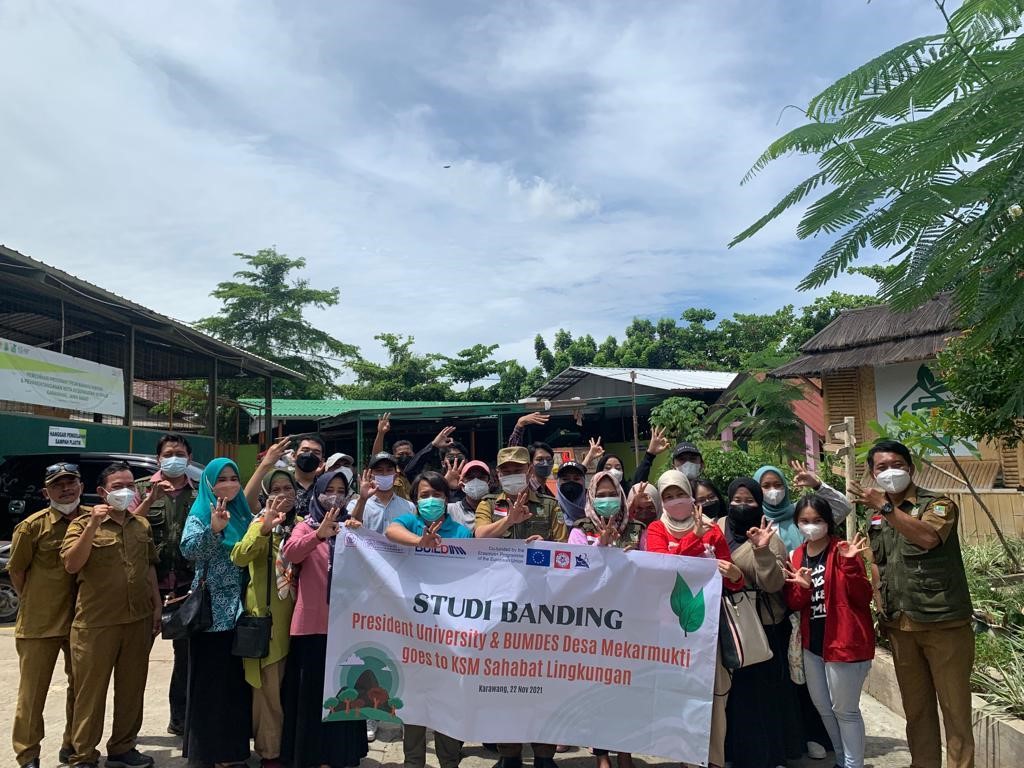
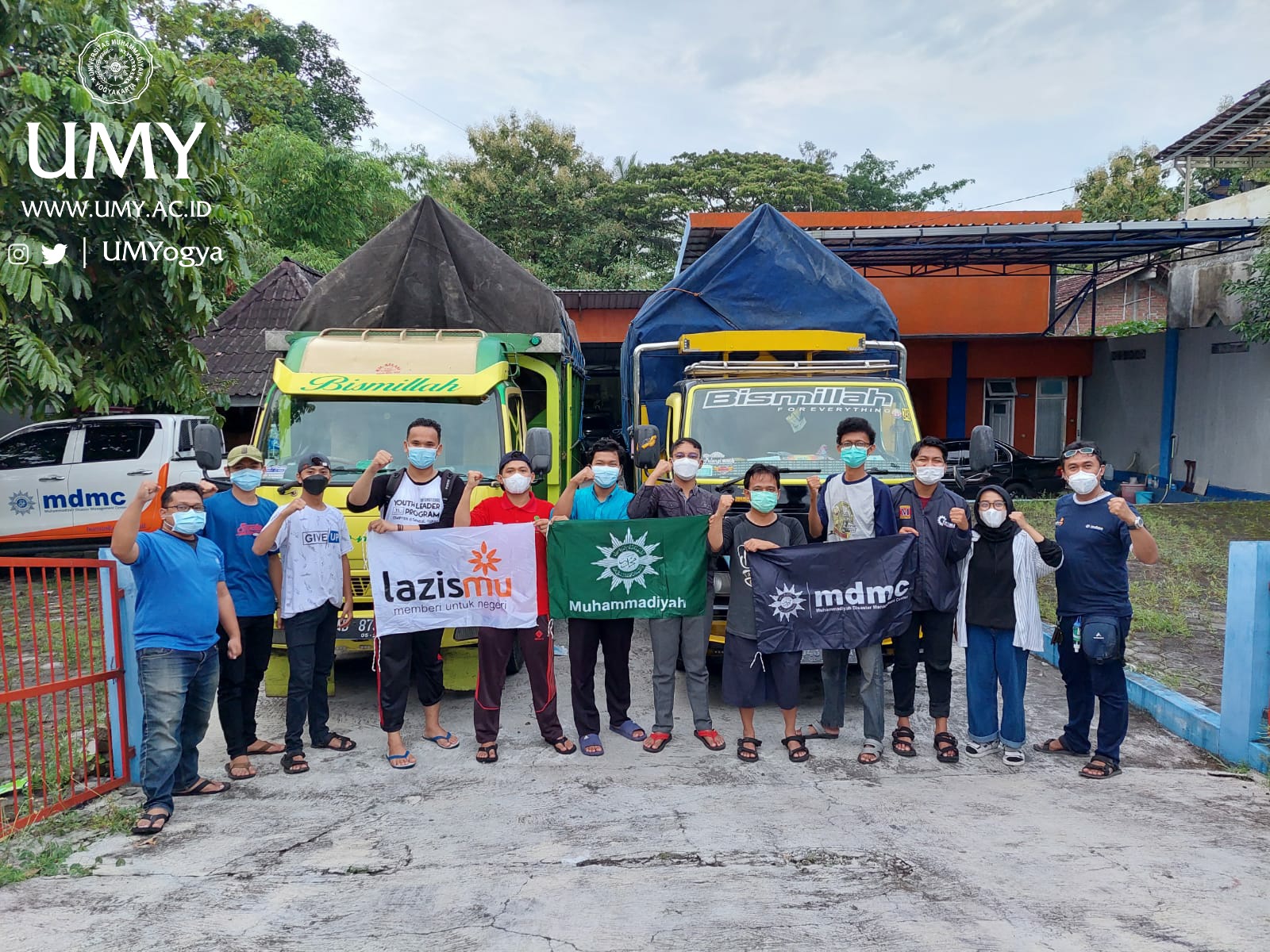
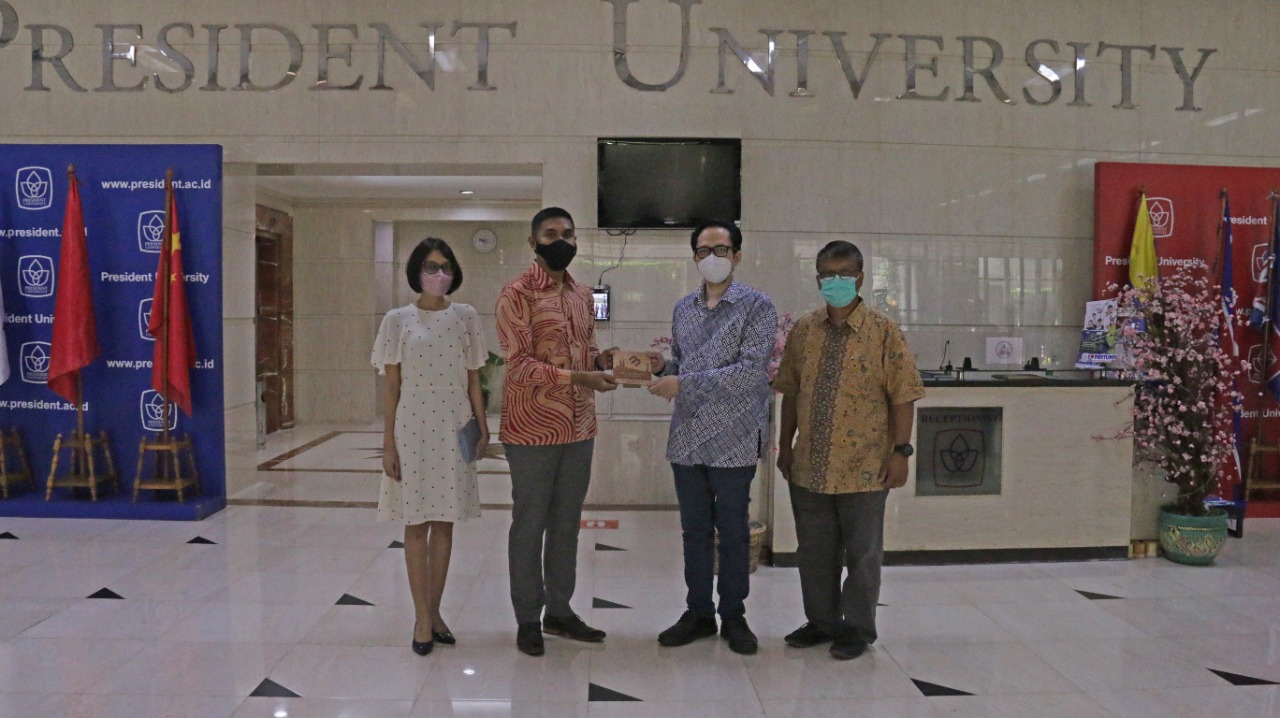
.jpeg)
.png)
